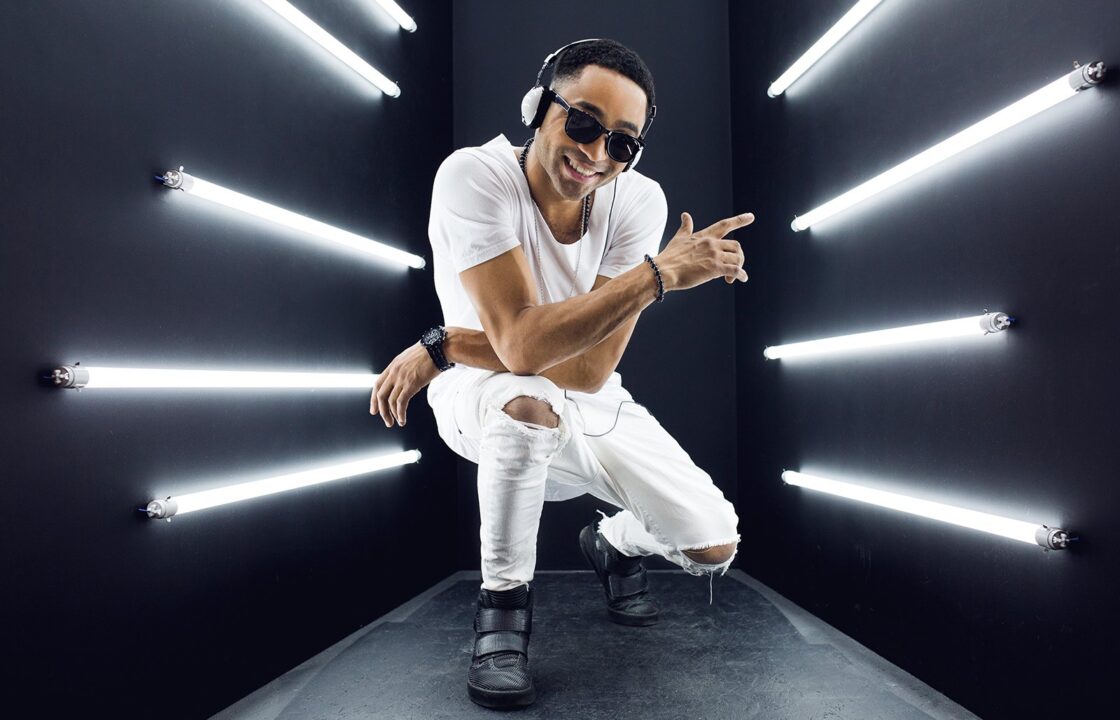
A vocal trainer and a voice teacher may seem similar, but they serve slightly different roles when it comes to improving your voice. Here’s how they differ and what each can offer:
Voice Teacher
A voice teacher typically focuses on the technical aspects of singing. They help students develop the foundational skills necessary for healthy vocal production and performance.
- Focus on Technique: A voice teacher works on the basics of vocal technique, such as breath control, pitch accuracy, range extension, tone quality, and diction.
- Vocal Health: Voice teachers emphasize proper vocal care to avoid strain or injury, often teaching how to maintain a healthy voice over time.
- Repertoire Development: They help students choose songs that suit their vocal range and ability while also challenging them to grow.
- Music Theory and Sight Reading: Some voice teachers incorporate music theory, helping singers understand the structure of music, sight-reading, and ear training.
- Ideal for Beginners and Classical Singers: A voice teacher is typically great for beginners or classical singers who need to master technical skills before advancing to more performance-focused training.
Vocal Trainer
A vocal trainer, on the other hand, tends to focus more on performance, style, and artistic expression. Their goal is to help you refine your voice for specific genres, performance settings, and recording situations.
- Performance Coaching: Vocal trainers often work on stage presence, microphone technique, and how to connect emotionally with an audience.
- Stylistic Adaptation: They help singers develop their unique style and adapt their voice to different genres, such as pop, rock, jazz, or R&B.
- Recording Preparation: Trainers might focus on preparing singers for studio recordings, teaching techniques that work better in a controlled environment.
- Vocal Conditioning: Trainers often work on stamina, preparing singers for live performances where consistent power and control are crucial.
- Ideal for Professionals and Specific Goals: Vocal trainers are often the choice for experienced singers who are focusing on fine-tuning their performances, preparing for auditions, tours, or recordings.
Choosing Between the Two
- Beginners or those looking to develop technical skills (breathing, pitch, vocal health) would benefit more from a voice teacher.
- If you’re looking to polish your performance skills, work on genre-specific techniques, or prepare for professional recording and live performances, a vocal trainer might be the better option.
For most singers, both a voice teacher and a vocal trainer can be beneficial at different stages of their vocal development. Some professionals work with both to ensure a well-rounded approach to their vocal artistry.



